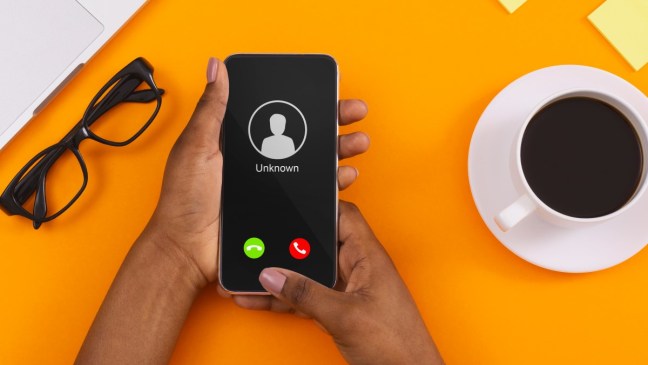Have you received any confusing SMS messages about missed calls or voicemails lately?
You are not alone. A malicious malware campaign targeting unprotected Android phones called ‘Flubot’ is on the move around the world.
Keep reading about ‘Flubot’, what it is, what it impacts and how to stop it…
What is ‘Flubot’?
Have any of your contacts received suspicious messages from your number?
You may have accidentally downloaded ‘Flubot’. It can gain access to your contacts, passwords, and any other content saved to your phone.
What do ‘Flubot’ messages look like?
‘Flubot’ SMS messages look like this:
You have 1 new Voicemail(s) (or something similar, usually with plenty of misspellings) and includes a link.
If you click on the link, you will be taken to a page that looks like a familiar and trusted brand, and you will be prompted to install an app so you can hear the ‘voicemail’. Granting permission to install allows ‘Flubot’ into your phone.
What can you do?
Check your device to see if you have mistakenly installed the malware.
Look: Search for a new app called ‘Voicemail’. The icon is a blue cassette in a yellow envelope.
Act fast: Trying to uninstall will prove unsuccessful - don’t panic. Most of the popular anti-virus apps for Android will clean it up and prevent further attacks. Perform a security scan to remove the malware and then change all your passwords using another device. Do not change your passwords before removing the malware.
Beware! If restoring recent backups, you may reinstall the malware. Proceed with care!
See some sample ‘Flubot’ messages and find out more about missed call or voicemail (Flubot) scams via Scam Watch.
Keeping Safe
At CQUniversity, we want our students to have a safe, happy, and enjoyable experience during their study journey. To ensure this happens, we encourage you to be vigilant about scams and your personal online safety and security. Be cautious about the information you share online, and question anything that does not seem right.
With scammers getting smarter, protect yourself through awareness and education. The Australian Competition & Consumer Commission (ACCC) has resources and information about the different types of scams and advice on protecting yourself from scams.
If you think a scam has targeted you, report it via the Report a scam webpage.
If you have been affected by a scam and need support, CQUni Student Counsellors can assist you with personal counselling services. To self-refer and arrange a face-to-face or phone appointment, contact [email protected] or phone 07 4930 9456.


